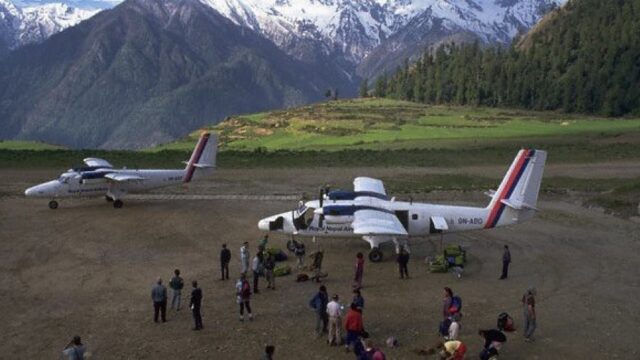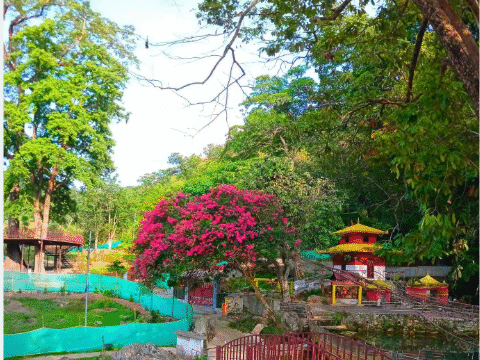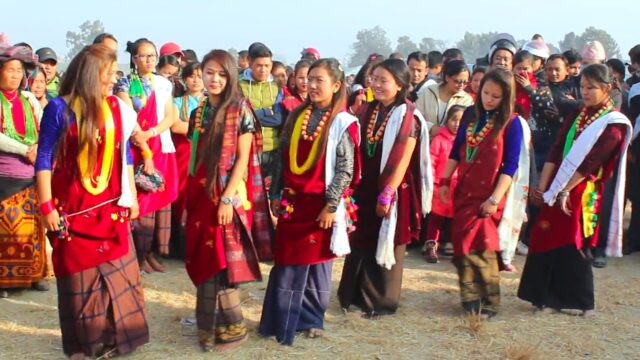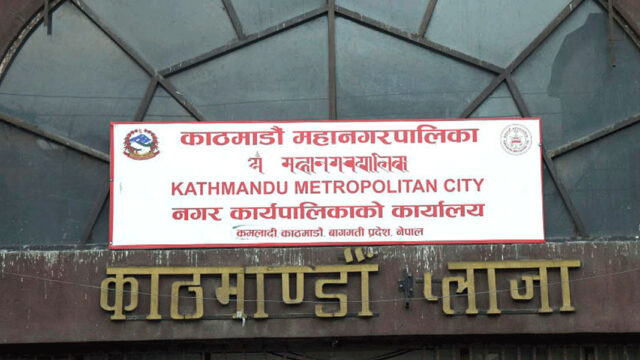Nepal’s traditional gift-giving ritual, known as Koseli, holds deep cultural significance, symbolizing affection and respect during major festivals like Dashain and Tihar. This cherished practice has been a vital part of Nepali culture, with gifts such as sweets and clothes being exchanged among families and loved ones.
Historically, Koseli was a personal and intimate exchange, with gifts handed over in person. However, with the rise of digital platforms, this tradition has evolved to meet the needs of the global Nepali diaspora. Today, Nepalis living abroad can send gifts to their families back home through platforms like KoseliXpress.com, Giftmandu, and Muncha. This technological transformation has allowed Koseli to transcend borders, keeping the tradition alive and connecting families despite the miles that may separate them.
The shift from traditional gift-giving to digital platforms not only highlights the adaptability of Nepali culture but also presents a new opportunity for promoting cultural tourism. Koseli, as a symbol of Nepal’s rich traditions, has gained attention in the global market, sparking curiosity among tourists interested in understanding the country’s customs and rituals.
Festivals like Dashain and Tihar are prime times for tourism, with visitors flocking to Nepal to witness these vibrant celebrations. The Koseli tradition is an integral part of these festivals, and understanding its importance provides tourists with a deeper cultural insight into Nepali life. As technology bridges the gap between distant family members, it also offers tourists a way to engage with Nepali culture beyond borders, allowing them to participate in this rich tradition by sending gifts or souvenirs back home via digital platforms.
The importance of digital platforms became even more apparent during the pandemic when travel restrictions and physical distancing measures limited gatherings. Nepalis, unable to visit their families, turned to online gift services to maintain the spirit of Koseli. Virtual presents, home delivery of traditional treats, and e-gift cards became the new standard, allowing the tradition to thrive in a world increasingly reliant on technology.
Take the example of Rima Lamichhane, a Nepali living in the U.S. During Dashain, Rima felt the weight of distance from her family in Nepal. Determined to bring the festival to her loved ones, she used KoseliXpress.com to send sweets, clothes, and traditional gifts. Despite the miles, the Koseli delivered warmth and connection, allowing her to participate in the family celebration from afar.
This seamless blend of tradition and technology has ensured that Koseli remains relevant, even as Nepalis are spread across the globe. Online platforms like KoseliXpress and Giftmandu have transformed into cultural ambassadors, making it easier for Nepalis and even curious tourists to participate in this time-honored tradition.
As Nepal continues to embrace technological advancements, the Koseli tradition not only connects families but also serves as a cultural touchstone for tourism. Travelers looking to explore the essence of Nepali traditions can now engage with Koseli, both physically during their visits to Nepal or digitally, through these modern platforms.
In an ever-evolving world, Koseli stands as a testament to the resilience of Nepali culture, ensuring that the bonds of affection, respect, and tradition remain unbroken, no matter the distance.






